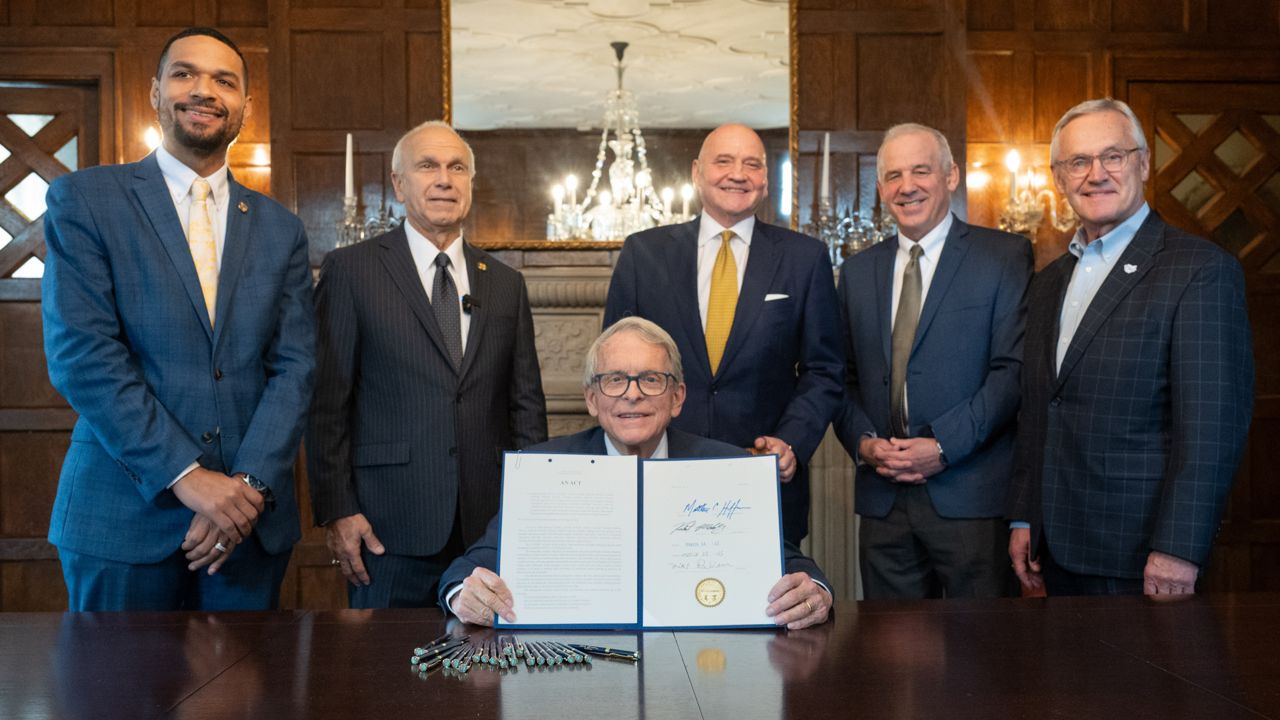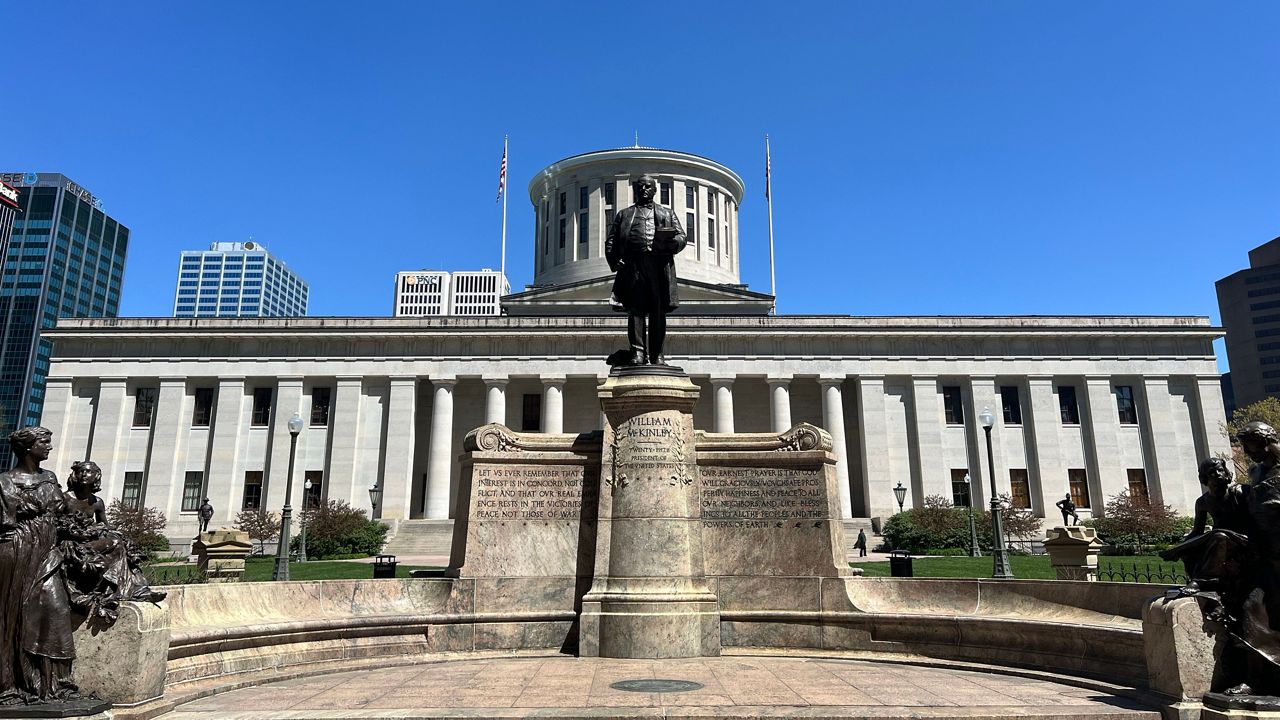COLUMBUS, Ohio — Republican state lawmakers have introduced a bill to prevent kids from receiving gender confirming procedures or medical care, even if their parents are on board.
What You Need To Know
- House Republicans have introduced House Bill 454, also known as the Save Adolescents from Experimentation, or “SAFE” Act
- The bill aims to prevent kids from getting gender confirming medicine or surgeries, even if their parents are on board
- The Center for Christian Virtue helped write the bill
Ohio House Republicans Gary Click, R-Vickery, and Diane Grendell, R-Chesterland, said Ohio should not be in the business of gender-affirming health care.
They have introduced House Bill 454, also known as the Save Adolescents from Experimentation, or “SAFE” Act, banning gender affirming medical procedures.
Twenty-three other Republicans are co-sponsoring the bill.
"The SAFE Act reflects the need for a more compassionate process that recognizes that this is an adult decision that should wait until an individual is fully capable of weighing the risks and rewards of such permanent medicalized alterations,” Click said in a statement. “This bill will save lives."
The proposal calls for a number of things, including banning a doctor from perform surgery on anyone younger than 18 years old to receive gender confirming health care or refer them to someone who will. If they did, they could lose their license and be sued. Also, any hospital or clinic that provides transition services could not get state funding.
The Center for Christian Virtue helped write the bill, and said research on gender transition is not conclusive and doctors are taking a risk.
"What we're saying is, doctors, if you're going to be experimenting on kids, you're going to be held accountable in the state of Ohio," said Center for Christian Virtue President Aaron Baer.
Baer said his organization's interest in the matter comes from a court case in 2018 in which a Hamilton County judge removed a 17-year-old from their home after the teen's parents refused to help the child receive the care they wanted.
Also, earlier this year, the Arkansas state legislature overrode the governor's veto of its SAFE Act. However, the law was blocked by a federal judge.
"The fact that this bill's even been introduced and lifted up publicly is harmful," said Erin Upchurch, executive director of the Kaleidoscope Youth Center in Columbus.
The KYC organization serves and supports teenagers and young adults in the LGBTQ+ community.
"To take agency away from any young person, regardless of the issue, is really dangerous and it is a form of adultism that we don't support at KYC," Upchurch said.
Upchurch thinks this bill sends the wrong message to children struggling with their gender identity.
"You're telling them at the very onset, like, you don't know yourself, you're invalid and we don't trust or believe you," said Upchurch.
Ohio Senate Assistant Minority Leader Nickie Antonio, D-Lakewood, a member of the LGBTQ+ community herself, said the bill could lead to more harm than good.
"My fear is that there are consequences that while the adults in the room are fighting about who gets to say what about what their future is, the children are the most affected and could tragically take some action to end their own lives because they do not feel the support that they need," said Antonio.
The bill has not been referred to committee at the time of publication.










